Table of content
- What Does the Blood Sugar Result Tell?
- Hypoglycemia and Its Effects on the Body
- Connection Between Low and High Blood Pressure
- Diabetes, Insulin, and Blood Pressure Fluctuations
- Monitoring Blood Sugar and Blood Pressure
- Lifestyle Factors That Affect Both
- Preventing Blood Pressure Spikes
- When to Seek Medical Help
- Conclusion
- Frequently Asked Questions
The logical answer to this question is yes: low blood sugar (hypoglycemia) can cause temporary blood pressure spikes in people with diabetes. When blood sugar drops, the body releases stress hormones like adrenaline and cortisol, which tighten blood vessels and raise heart rate, increasing blood pressure. This is more common in those with frequent hypoglycemic episodes.
Managing blood sugar is a daily task for people with diabetes. Hypoglycemia can trigger blood pressure spikes, raising the risk of heart attack or stroke. Thankfully, tools like Continuous Glucose Monitors (CGMs) and insulin pumps make diabetes management easier by tracking glucose levels in real-time and delivering precise insulin, helping prevent complications.
What Does the Blood Sugar Result Tell?
At least 2 tests with abnormal results are required for diagnosis. These are based on glucose test results after an overnight fasting:
- 99 mg/dL or lower = Normal
- 100 – 125 mg/dL = Pre-diabetes
- 126 or higher = Type 2 diabetes
Hypoglycemia and Its Effects on the Body
Hypoglycemia occurs when blood sugar levels drop below normal, usually under 70 mg/dL. Common symptoms include:
- Fatigue and confusion
- Dizziness or lightheadedness
- Rapid heartbeat or palpitations
- Sweating and shakiness
- Anxiety or irritability
When blood sugar drops, the body releases adrenaline to raise glucose levels. This stress hormone triggers the sympathetic nervous system, which can increase heart rate and temporarily raise blood pressure. For diabetics, especially those on insulin therapy, these episodes can be more frequent and pronounced.
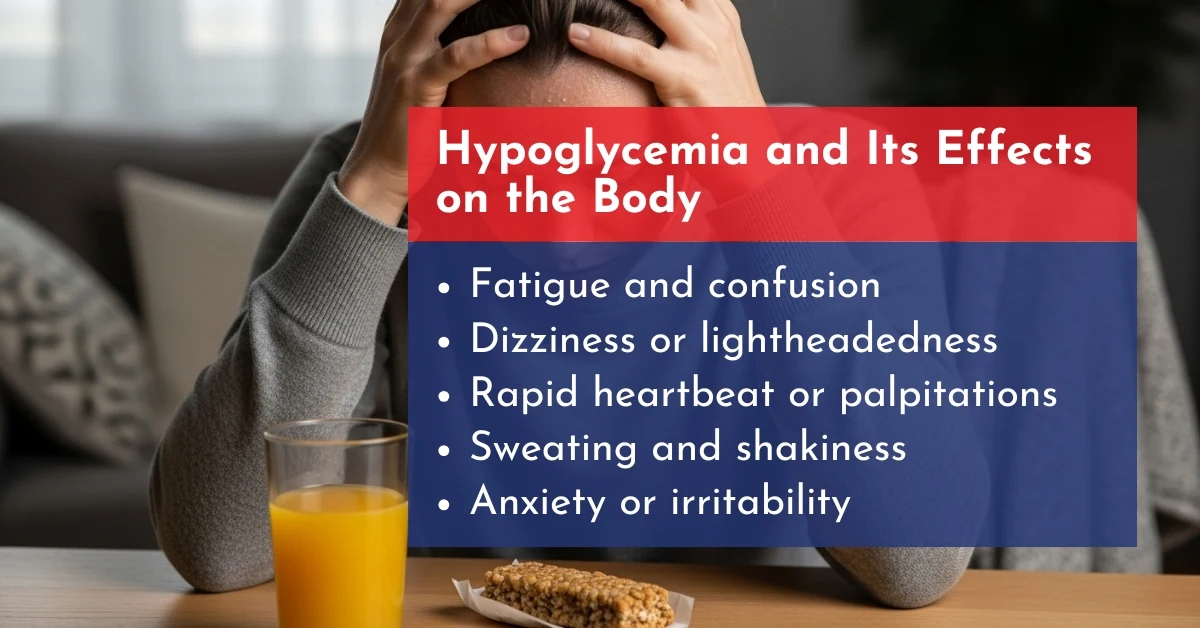
Connection Between Low and High Blood Pressure
Research shows that hypoglycemia can lead to temporary hypertension. The process is straightforward: low blood sugar levels prompt the release of adrenaline and cortisol, which speed up heart rate and narrow blood vessels. Although this spike in blood pressure is typically short-lived, repeated hypoglycemic episodes can stress the cardiovascular system.
For people with diabetes, this connection is especially worrisome. High blood pressure paired with unstable glucose levels heightens the risk of stroke, heart attack, and long-term cardiovascular complications.
Diabetes, Insulin, and Blood Pressure Fluctuations
Insulin plays a key role in blood sugar regulation. However, if doses are mismanaged or meals are skipped, hypoglycemia can occur, leading to temporary hypertension episodes. Blood sugar swings in diabetics can be unpredictable, making real-time monitoring essential.
Key Points:
- Insulin-induced hypoglycemia can elevate blood pressure temporarily.
- High blood sugar variability is linked to cardiovascular stress.
- Diabetics with hypertension need careful blood sugar and blood pressure management.
Monitoring Blood Sugar and Blood Pressure
Continuous Glucose Monitors (CGM) have revolutionised diabetes care. Unlike traditional finger-stick tests, CGMs provide real-time glucose readings and alert users to sudden drops or spikes.
Benefits:
- Early detection of hypoglycemia.
- Prevention of hypoglycemia-related blood pressure spikes.
- Integration with insulin pumps for automated insulin adjustments.
- Improved cardiovascular risk management.
Tip: Pair Dexcom G7 CGM monitoring with a home blood pressure monitor to observe how glucose changes impact blood pressure. This approach helps diabetics like Sarah and John prevent dangerous episodes.
Lifestyle Factors That Affect Both
Managing diabetes and blood pressure goes beyond medications—lifestyle plays a key role:
- Diet: Eating low-glycemic index foods like whole grains, vegetables, and low-sugar foods helps stabilise blood sugar and promotes heart health.
- Exercise: Regular physical activity boosts insulin sensitivity and reduces blood pressure.
- Stress Management: Practices like yoga, meditation, and deep breathing lower cortisol levels, helping prevent hypoglycemia-induced hypertension and chronic high blood pressure.
- Medication Adherence: Sticking to insulin and antihypertensive regimens prevents dangerous fluctuations in blood sugar and blood pressure.
Did You Know?
Women with diabetes may experience hypoglycemia more frequently than men. Hormonal fluctuations, particularly during menstruation or pregnancy, can affect how the body processes insulin and glucose.
Preventing Blood Pressure Spikes
Here’s how diabetics can reduce the risk of hypoglycemia-related hypertension:
- Recognize early symptoms: Dizziness, palpitations, and sweating are warning signs.
- Use CGM alerts: Modern CGMs notify you before blood sugar drops dangerously low.
- Plan meals and snacks: Consistent carbohydrate intake prevents sudden drops.
- Adjust insulin carefully: Work with your healthcare provider to fine-tune insulin or pump settings.
When to Seek Medical Help
Reach out to a healthcare provider if you experience:
- Frequent hypoglycemia or sudden blood pressure spikes.
- Ongoing dizziness, headaches, or chest discomfort.
- Multiple risk factors such as obesity, heart disease, or chronic hypertension.
Without timely intervention, repeated hypoglycemia-induced hypertension can worsen cardiovascular complications. Acting early is critical.
Conclusion
Low blood sugar can indeed cause temporary high blood pressure due to adrenaline and stress responses. For diabetics, this link is more than just a curiosity—it’s a significant health concern. By leveraging CGM sensors like FreeStyle Libre 3 Plus, Omnipod 5 insulin pump(Intro Kit), and lifestyle management, you can reduce the risk of hypoglycemia-induced hypertension, maintain stable glucose levels, and protect your heart health.
With real-time monitoring and proactive care, managing both blood sugar and blood pressure is not only possible—it’s safer and more effective than ever.
Frequently Asked Questions
Can low blood sugar cause a temporary increase in blood pressure?
Yes, adrenaline released during hypoglycemia can temporarily raise blood pressure.
How can CGM sensors help prevent blood pressure spikes?
CGMs provide real-time alerts for low glucose, reducing the risk of hypoglycemia-induced hypertension.
Are diabetics more at risk of hypoglycemia-related hypertension?
Yes, especially those on insulin or certain medications.
What lifestyle changes help regulate both blood sugar and blood pressure?
Balanced diet, regular exercise, stress management, and medication adherence.
When should I see a doctor about low blood sugar and high blood pressure?
If episodes are frequent, severe, or linked to cardiovascular symptoms like chest pain or dizziness.

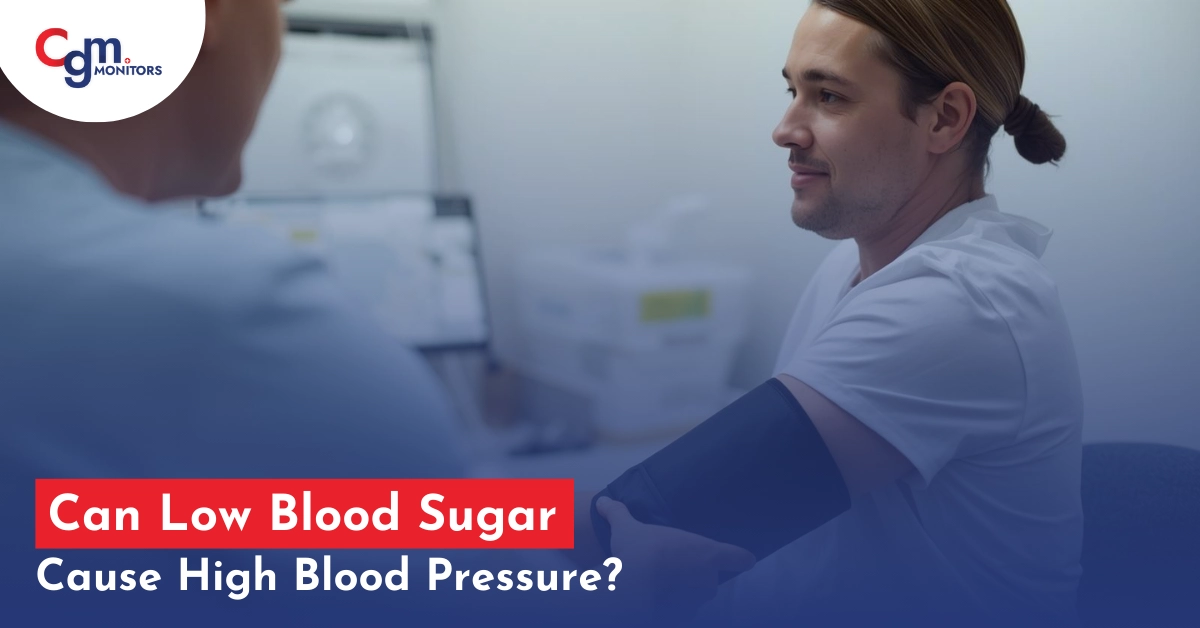
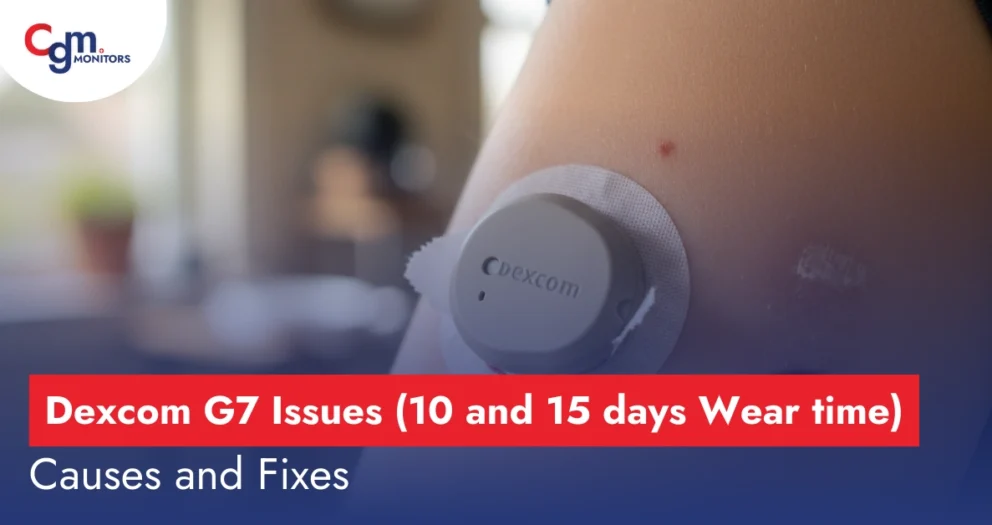
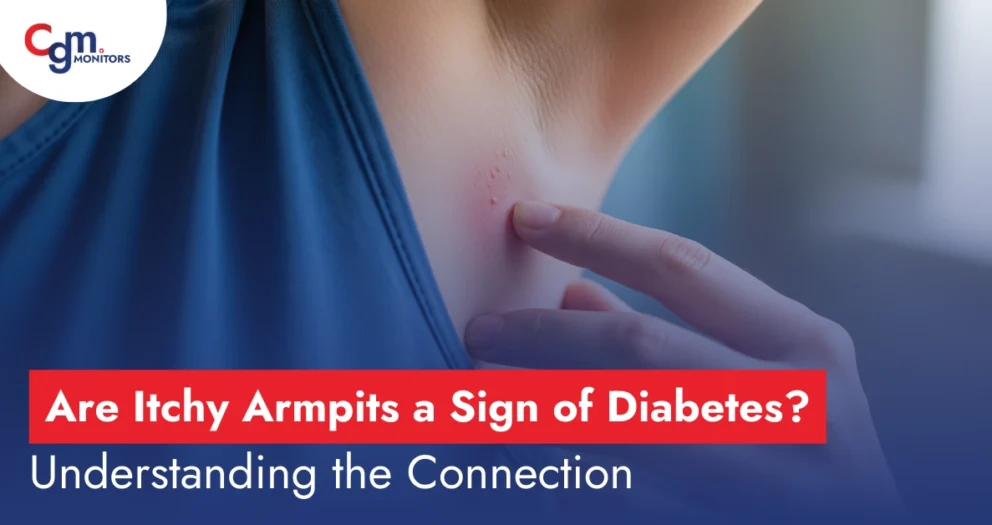
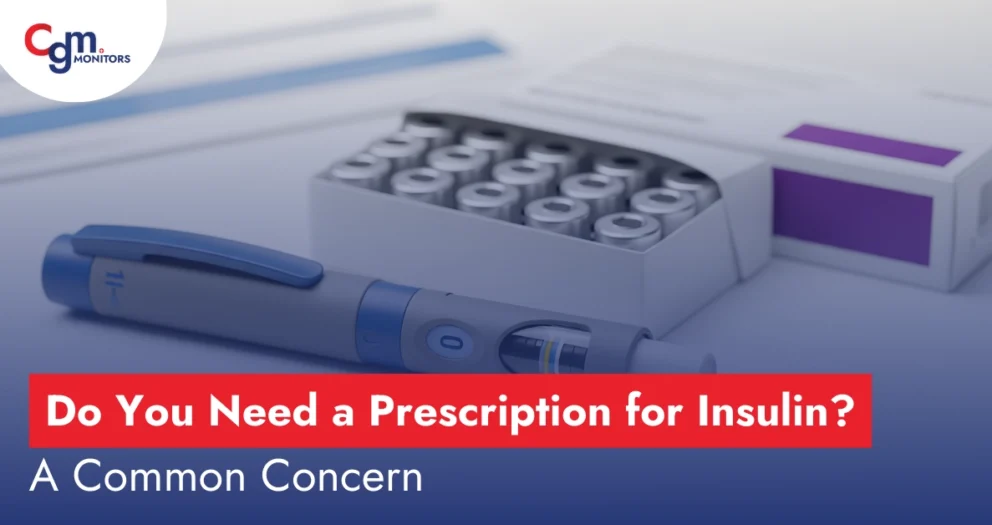
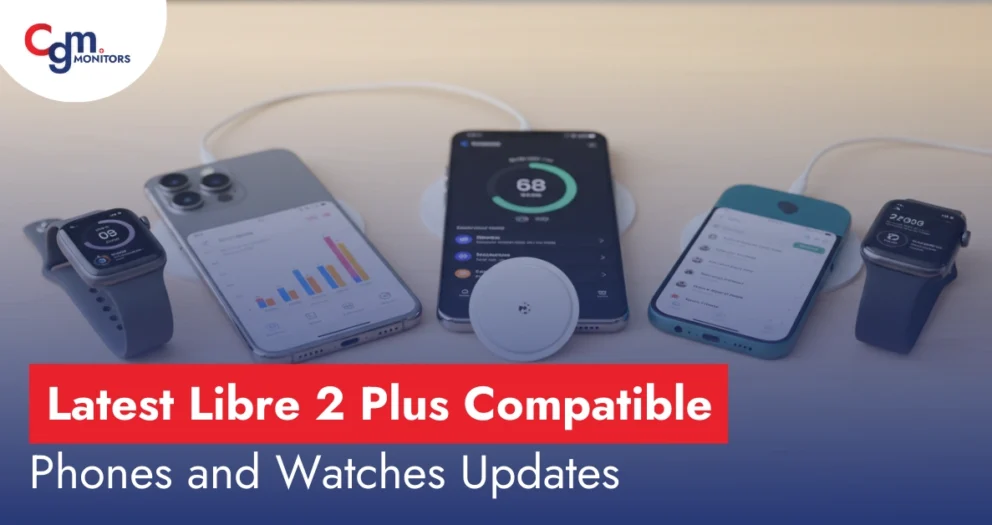
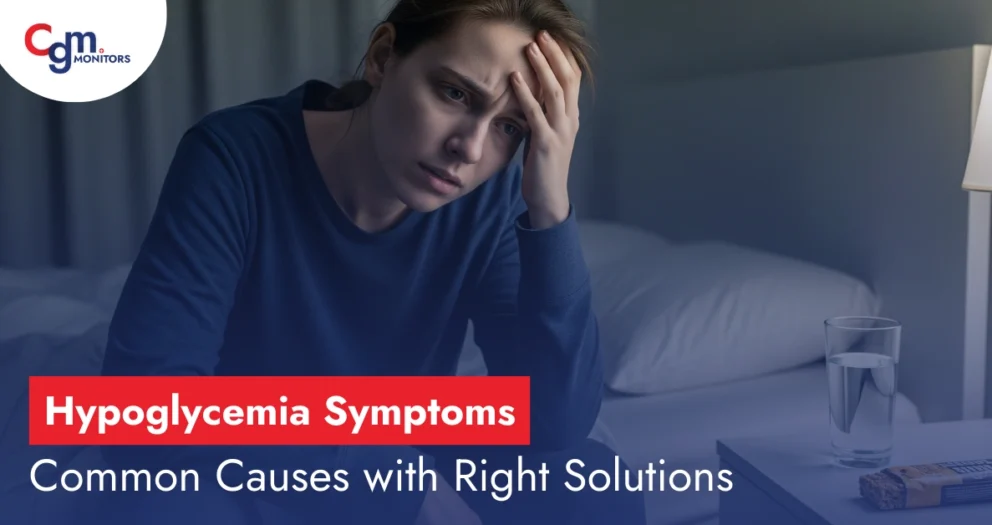
Write a comment
Your email address will not be published. All fields are required